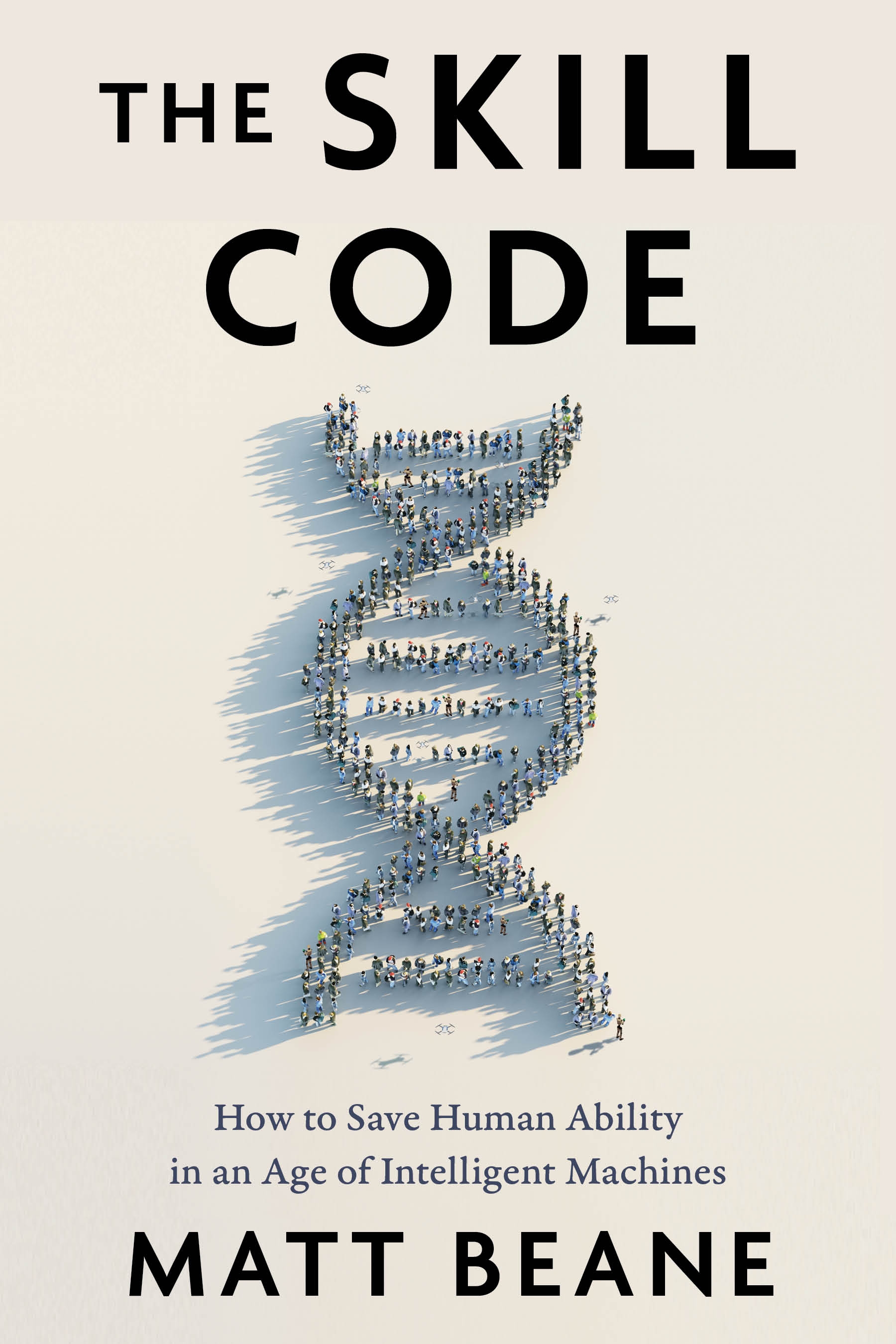What do you think?
Rate this book


224 pages, Hardcover
Published June 11, 2024
Beane shows how organizations across fields—robotic surgery, logistics, AI-mediated workflows—are prioritizing short-term productivity at the expense of long-term capability. When novices are sidelined, the apprenticeship pathways that make real expertise possible begin to erode. The book makes it painfully clear: formal training alone cannot carry the weight of complex skill development.
For most of human history, we've learned by working alongside someone more experienced—absorbing judgment, nuance, pacing, and tacit knowledge. AI can support this process, but it cannot replace the human shaping of human capability. If organizations treat novices as "optional," they aren't just changing task allocation—they're undermining their own future.
What sets this book apart is Beane's ability to map the deeper mechanics: how AI shifts development pathways, social structures, and power dynamics around expertise. This isn't another hype-driven "future of work" book. It's a grounded, empirical look at the skill systems we depend on—and what happens when they quietly break.
Essential reading for anyone trying to understand the real stakes of AI adoption. Beane has written the definitive diagnosis of the hidden cost of optimization—explaining why companies with the best AI tools may be training the weakest next generation of experts.